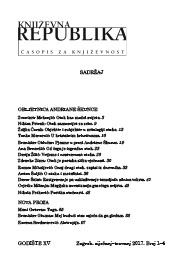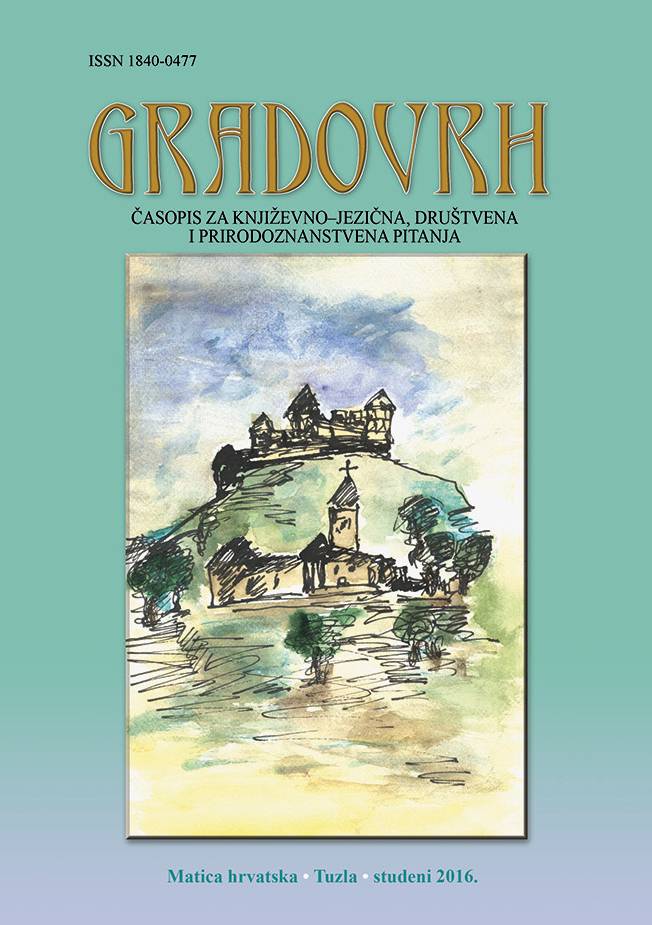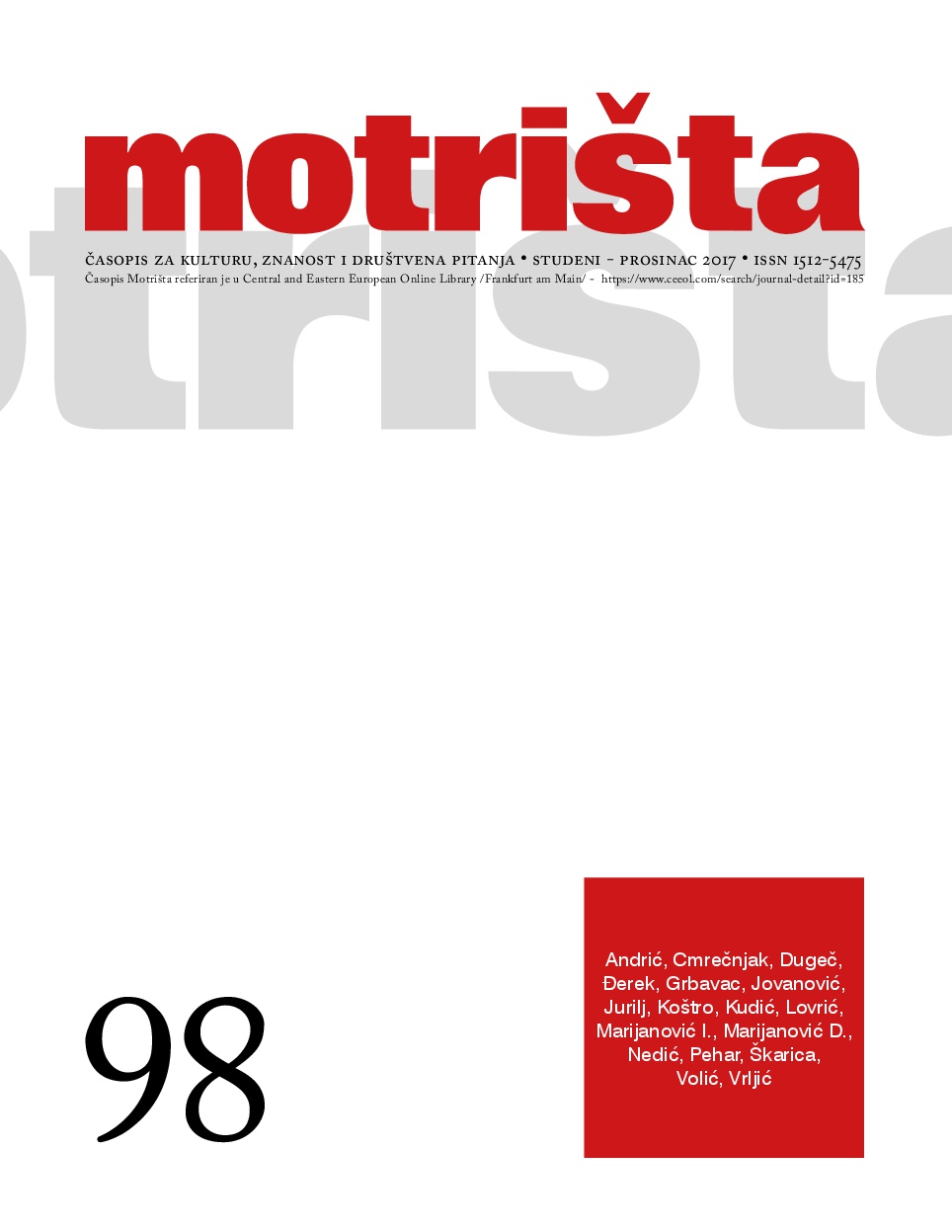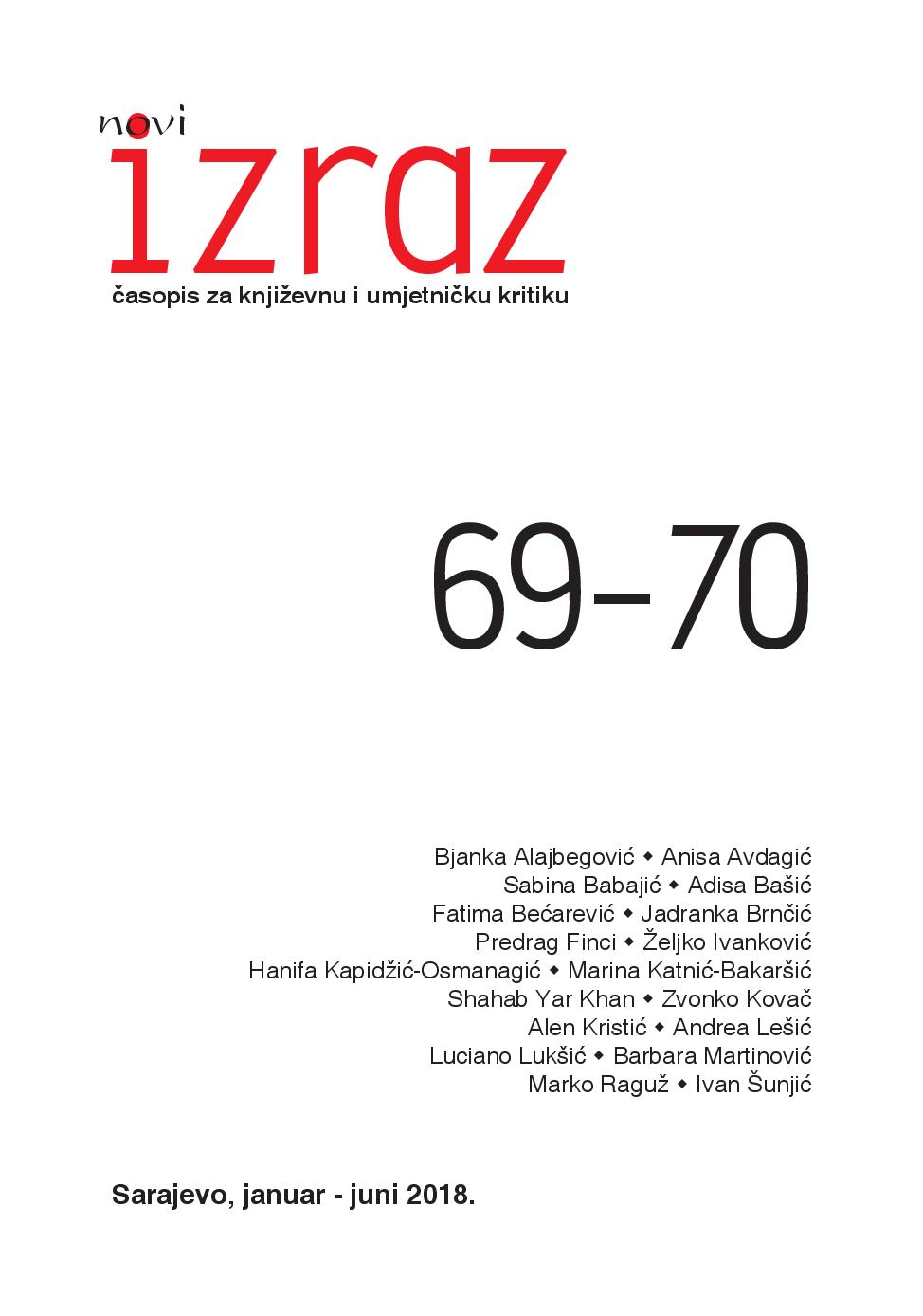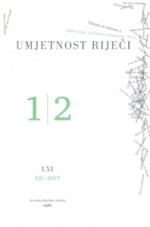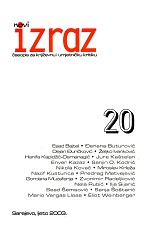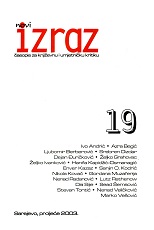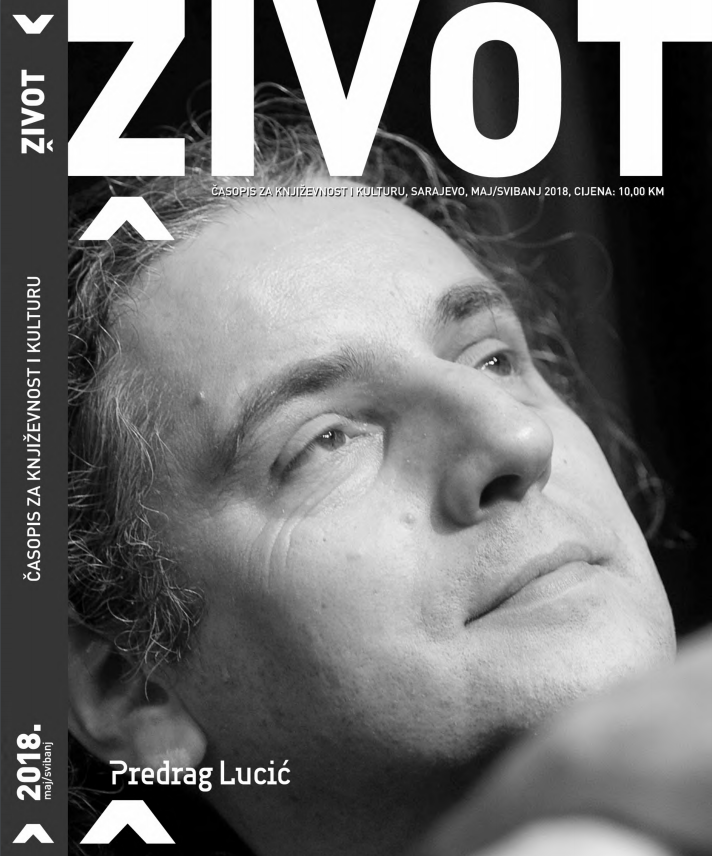Author(s): Ivana Brković,Dubravka Mlinarić / Language(s): Croatian
Issue: 149/2013
In accordance with the paradigm of the spatial turn, i.e. the theoretical and methodological starting points of contemporary geocriticism, this paper analyses various representations of Dubrovnik in Ragusan literature and European cartography of the XVII century. As a social, i.e. cultural product, the Ragusan space in those texts and maps is examined as the exponent of different meanings – geographic, historical, political, social, religious and cultural. Considering the different techniques of representation (text and map) and the different origin context of certain literary and cartographic representations of space, i.e. the fact they are constructs belong into a certain time, space and author, Dubrovnik as a spatial referent is revealed to be a pluralist nexus of various spatial visions. The confrontation of different perspectives of its formation – the endogen one, limited to a narrow space and marked by an autochthonic vision of space, and displayed mostly by Ragusan authors, the exogenous,present in Dubrovnik’s representations by foreign cartographers, reflecting the „outsider”vision of space, and the a logenous perspective, „somewhere between those two”, enables a simultaneous insight into the dynamic production of identity/alterity space, connected both with the Ragusan and the European cultural environment of the XVII century.
More...
